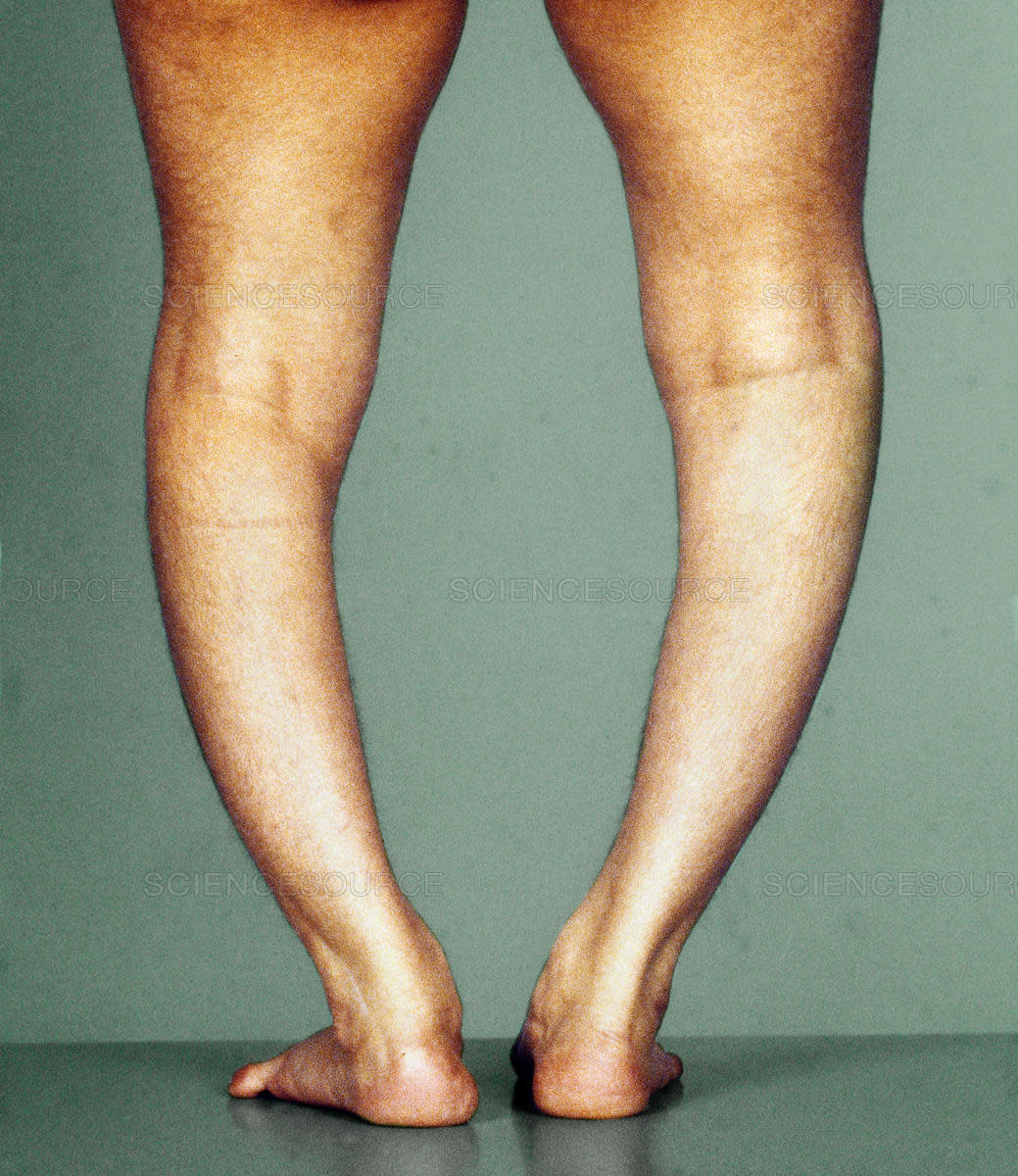Can Lack of Sun Be Making You Sick?
We have been conditioned to think that the sun rays will give us cancer, too much sun is horrible for our health and to wear sun screen anytime we step outside. What if everything you learned about the sun... Was wrong?

Vitamin D also known as the "sunshine vitamin" was never thought of any importance until resent studies were done. Over the past 50 years or so, people have been learning the importance vitamin D plays in over all health and body function. Did you know that every organ in your body needs proper amounts of vitamin D to function properly? Many people are not aware of this. In fact, over 40% of the united states alone is vitamin D deficient which commonly leads to diabetes, arthritis, osteoporosis and even cancer.Over 10% of children are vitamin D deficient and more then 80% of the elderly in nursing homes are as well.
Did you know low grade sunblock (such as 15 SPF) is enough to block your body of up to 98% of UVB rays? This keeps your body from making sufficient amounts of vitamin D. Your body needs at minimum, 20 minutes of direct sunlight (NO SUNBLOCK) daily to maintain good levels of vitamin D. The lighter your skin, the less you need, the darker your skin, the more you need. Weight also effects how much sunshine you need, obese and over weight people tend to need more time in the sun. The idea is to get between 2 and 4 hours of direct sunlight each week, If you are darker skinned or over weight, between 6 and 7 hours may be necessary.
The best way to keep from burning is to do 10 to 20 minutes at a time, then stay indoors or in shade for double what you do, such as 20 minutes in sun, 40 minutes in shade. This will keep you from burning. If you burn easily, coconut oil is a great natural oil that works like sunblock BUT does not keep your body from absorbing UVB rays to make vitamin D.
Signs and Symptoms of a Vitamin D Deficiency.
- Rickets - Found in children and infants
- Depression - Many people get mild depression in the winter months where colder climate takes place. Not enough vitamin D being produced can cause mild depression to full blown depression.
- Flu/Cold - Not having enough vitamin D in your system will cause your immune system to drop, yet another reason people become sick in the fall/winter where colder climates take place October to April.
- Muscle Pain/Weakness - This can happen in one place, such as the neck, or in several areas. Most commonly people complain of neck, back, knee or other form of joint pain in one or several areas.
- Muscle Twitching - This a cures when calcium levels are low. You need vitamin D levels to be right to absorb calcium.
- Nausea - It can be constant or come and go
- Fatigue - Often times 5 to 10 minutes in the sun will make a person who is deficient feel more awake.
- Unexplained symptoms - If you go to the doctor with other symptoms yet they keep saying you are fine, ask for your doctor to check your vitamin D levels.
- Weight Gain - More common in women, vitamin D levels effect how you metabolize food. If you are low on D, this can cause your metabolism to not run at full force, causing slow weight gain (around 1 to 4 pounds a month are common).
Long Term Risks
- Osteoporosis
- Arthritis
- Diabetes
- Cancer
- Heart Disease
- + More
The only way to know for sure if you are deficient or not is to have your doctor do a blood test for 25(OH)D. If your levels are below 30ng/ml then you have a deficiency.
"If I am Vitamin D deficient, what should I do?"
The best way to correct a vitamin D deficiency is sun light. Its free, feels good and is good for you! You can also aid your body by consuming more dairy, fish and nuts. Cod liver oil is a very safe oil that has a good amount of Vitamin D in it. As a last resort, you can turn to supplements. These are not 100% safe for your body or 100% likely to work. Its impossible to digest the levels of vitamin D your body needs. You simply can't get what you can from the sun.
If you are short on time, do simple things like parking farther away, hanging your arm out the window while driving and wearing clothing that does not cover your arms or at least half your legs while outside in warmer weather. You want 10% to 20% of your body exposed minimum when outside in warmer weather.
If where you live you have winter months with snow, take a vitamin D supplement in those months only. Once you are able to start going outside with short sleeve shirts, stop using the supplements. Another option is to open the window so glass does not block the sun and sit in front of the window with your legs or arms exposed for as long as you can bare. I would not do this unless the temperature was at least 35 degrees. **Very little UVB rays make it thru glass**
You can never get too much sun light, as long as you listen to your body. To avoid burning, go a maximum of 20 minutes in direct sun light. If you don't burn, you can go longer, I would not do more then 2 hours to be safe. Take breaks in the shade and keep your body cool as well.Remember, if you are over weight, or your skin is darker, you need more sun light vs lighter skinned, healthy weight people. I recommend 20 to 30 minutes a day for light skin, fit weight and 40 minutes to an hour if you are darker skinned or over weight.








